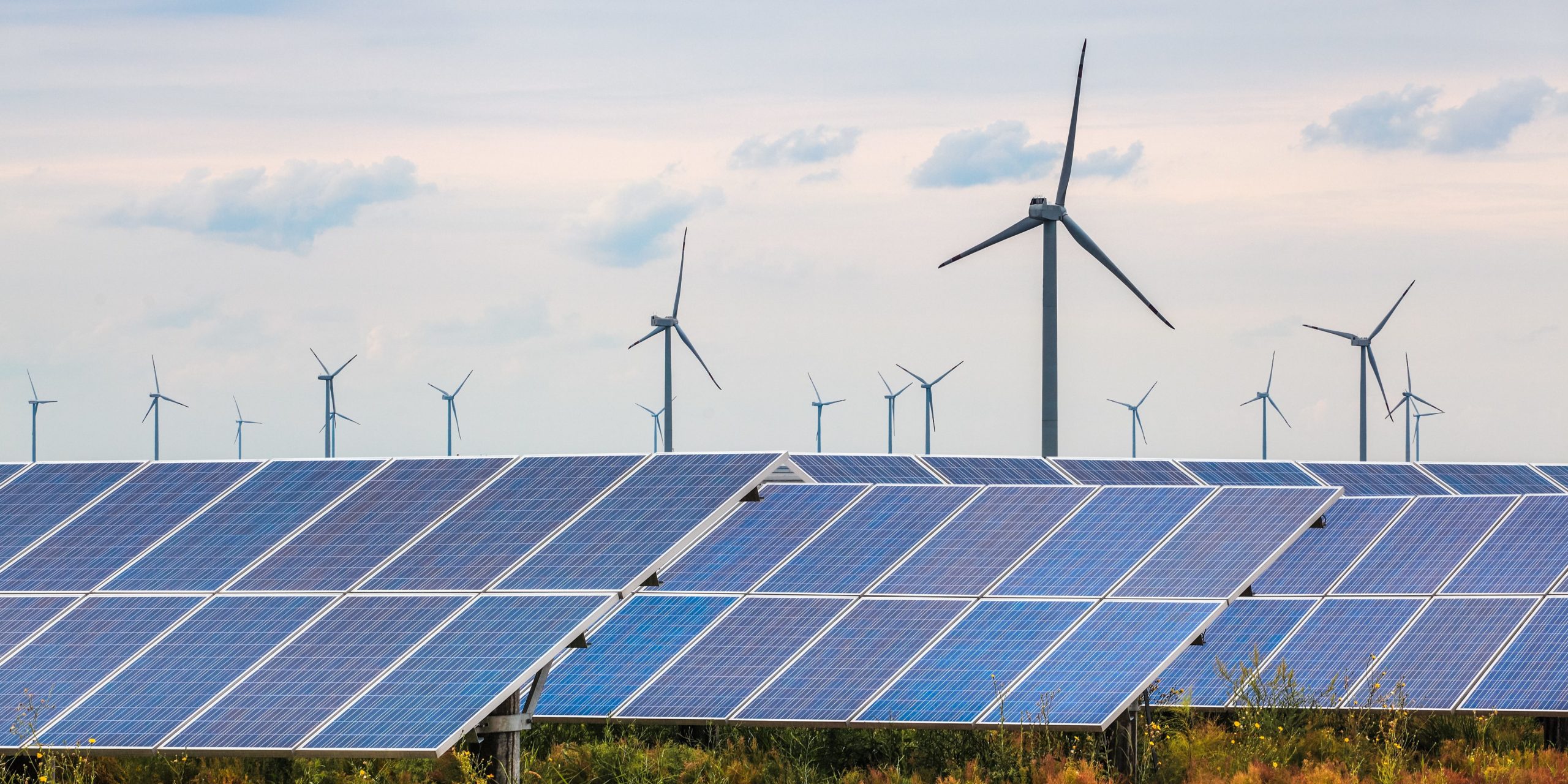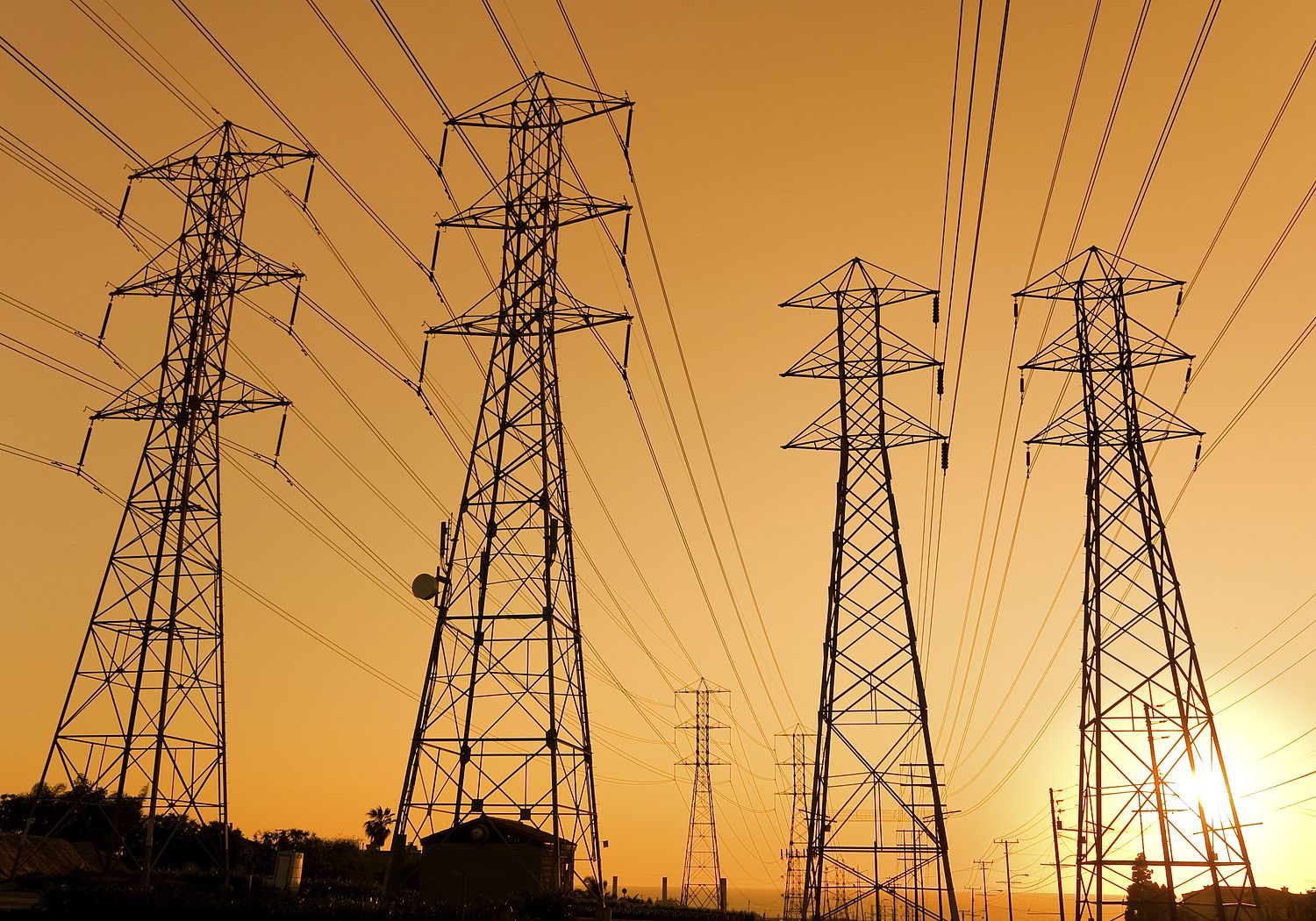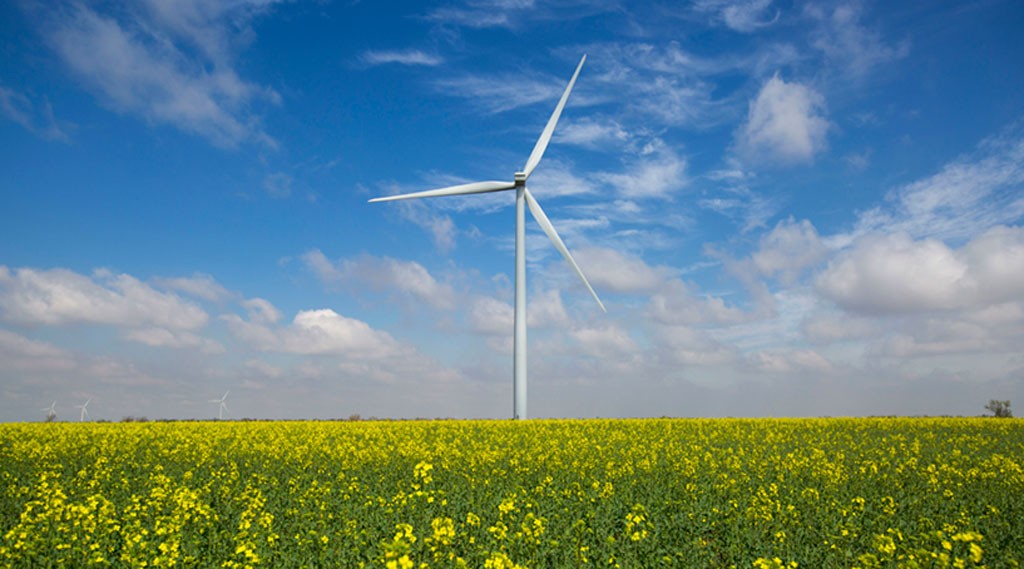The Gold Standard In POWER
Lu Gold through it's subsidiary downtime.ng provides grid monitoring services and accurately monitors the power supply to all grids in the Nigerian Power Sector.


LuGold Has The Power To Help You Build A Stronger Business.
The modern world would be nothing without the predictable and reliable manufacture, distribution and supply of energy. The energy industry is multi-faceted and diverse, comprising a wide range of disciplines and processes. Thanks to our knowledge and experience, Lugold is adept at helping energy companies run smooth, profitable and reliable businesses. We have particular expertise in the following areas. Downtime provides energy solutions from generator sets to operations & maintenance throughout Nigeria, focusing on engineering, installation and maintenance of electric power systems and ensuring the availability of electricity wherever and whenever needed.

Our Services
Our years in the power industry have left us jaded and as such, we are in the best position to offer energy solutions especially in the electrical sector. For our clients we provide the following services:

grid monitoring
Our subsidiary; "Downtime.ng" is a platform that accurately monitors power supply to all grids in the Nigerian Power Sector. According to the International Energy Agency Technology Roadmap Smart Grid; a smart grid is an electricity network that uses digital and other advance technologies to monitor and manage the transport of electricity from all generation sources to meet the varying electricity demand of end-users.

RENEWABLE energy solutions
Integration of renewable and distributed energy resources—encompassing large scale at the transmission level, medium scale at the distribution level and small scale on commercial or residential building can present challenges for the dispatchability and controllability of these resources and for operation of the electricity system. Energy storage systems, both electrically and for thermally based, can alleviate such problems by decoupling the production and delivery of energy. Smart grids can help through automation of control of generation and demand (in addition to other forms of demand response) to ensure balancing of supply and demand

power generation
Nigeria’s electricity generating facilities are mainly thermal power plants and large centralized hydro plants scattered across the country. However, electricity must have to get to the users irrespective of where they reside. Micro-grids can be utilized as a framework of system that can reduce the negative effect of power fluctuation on existing power systems, simultaneously pursuing the coexistence of environmental and supply, and existing power system and distributed power generation. They can also be considered to be flexible load. It keeps the power demand and supply balance by connecting to the external power system for maintenance of frequency and voltage. Micro-grid operators buy power through tie-line from the utility company when power in the micro-grids is deficient, and sell power when the power generated is in excess

solar integration
At a medium radiation intensity of 5 KWh/m2/day and convention efficiency and if solar collectors modules were employed to cover 1 % of land areas in Nigeria will generate approximately the daily energy equivalent of 192,000 MW of energy from a gas power plant working at full capacity for 24 hours a day. Solar electricity may be used for power supply to remote villages and locations not connected to the national grid. It may also be used to generate power for feeding into the national grid. Other areas of application of solar electricity include low and medium power application such as: water pumping, village electrification, rural clinic and schools power supply, vaccine refrigeration, traffic lighting and lighting of road signs.
